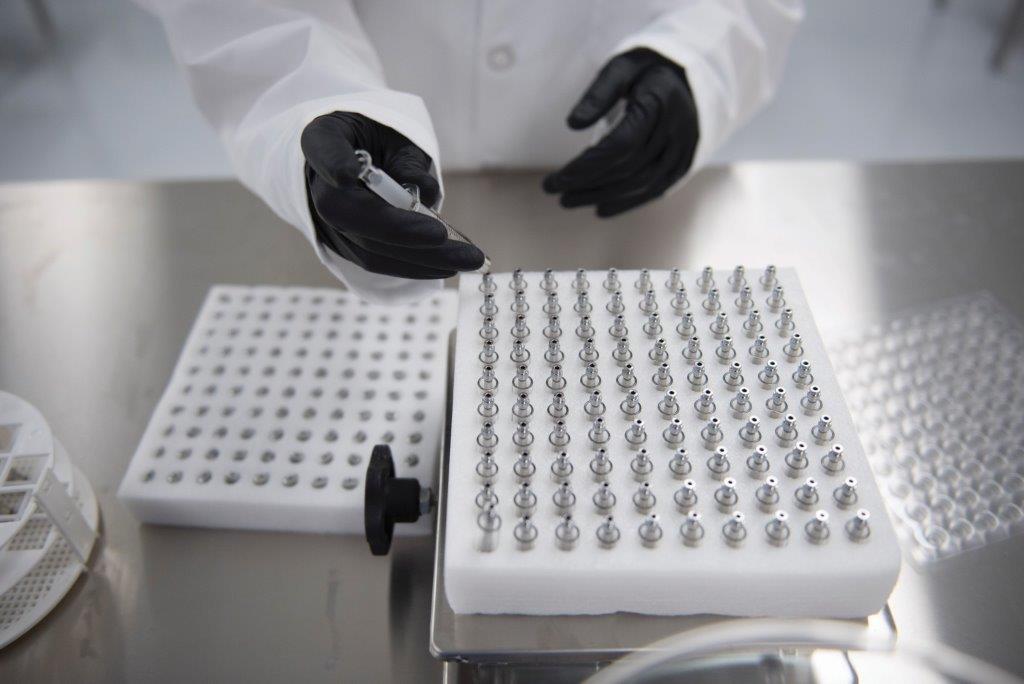
On May 30, 2018, President Donald Trump signed the Trickett Wendler, Frank Mongiello, Jordan McLinn and Matthew Bellina Right to Try Act, potentially opening a pathway for terminally ill patients to access experimental drugs. Unlike the U.S. Food and Drug Administration’s expanded access or compassionate use program, RTT permits the treating physician to bypass the FDA and seek access to investigational drugs from the manufacturer directly.
Under the RTT, an eligible patient is one who has been diagnosed with a life-threatening disease, has exhausted treatment options and is unable to participate in an eligible investigational drug trial, and has provided informed consent regarding the investigational drug to the treating patient. An eligible investigational drug is one for which a Phase 1 clinical trial has been completed, has not been approved or licensed by the FDA for any use, for which an application has been filed with the FDA, and whose active development or production is ongoing.
Although the act provides guidance on eligible patients and investigational drugs, it is silent on what happens when the investigational drug is a Schedule I substance, and where its use would place both patient and investigator in conflict with the Controlled Substances Act.
The question of whether the Controlled Substances Act could accommodate the provisions of RTT was recently before the U.S. Court of Appeals for the Ninth Circuit in AIMS et al. v. Garland et al.
Petitioner Dr. Sunil Aggarwal is the co-founder and co-director of the Advanced Integrative Medical Science Institute in Seattle, Washington. AIMS is an integrative oncology clinic providing care to patients with advanced-stage cancer, including those who suffer from treatment-resistant anxiety and depression. Given that psilocybin has been shown to be “well tolerated” in Phase I clinical trials, Dr. Aggarwal’s patients indicated a desire to try the experimental psychedelic treatment and provided informed consent.
However, as psilocybin is currently a Schedule I substance, Dr. Aggarwal, through his counsel, requested permission and guidance from the DEA on how he could obtain psilocybin under RTT, while remaining in compliance with the Controlled Substances Act. As a Schedule I substance, psilocybin is deemed to have no accepted medical use under federal law and can be produced, dispensed, or possessed only in the context of research which requires special registration. Approved researchers are exempt from prosecution under federal, state and local laws, and the registration is enforced by the DEA.
In his letter, Dr. Aggarwal’s counsel pointed out that existing DEA forms do no appear to accommodate use under RTT and queried whether Dr. Aggarwal should seek registration as a researcher though his intent was to engage in therapeutic use as a palliative care physician treating terminally ill patients.
In its response, the DEA stated that the agency had no authority to waive Controlled Substances Act requirements “absent an explicit authority” to do so. The DEA’s suggested pathway was for Dr. Aggarwal to apply for a Schedule I researcher registration, and then petition the DEA administrator for an exemption from prosecution.
The Ninth Circuit refused to review the DEA’s letter, holding that it did not have jurisdiction because the letter was not a “final agency action.” The court held that the letter was an “informational” one and did not mark the consummation of the agency’s decision-making process. In addition, Dr. Aggarwal and AIMS did not face any legal consequences from the issuance of the letter; instead, they received a guidance about the interaction between the RTT and the Controlled Substances Act.
With the court’s refusal to intervene, the question of whether there is a pathway for patients to receive Schedule I substances under RTT acts remains unanswered. The DEA’s response, as the court noted, is informational and doesn’t offer a specific route to compliance. A prescribing physician registered as a researcher is not guaranteed the right to engage in therapeutic use, and the DEA’s response leaves open the possibility that a grant of exemption from prosecution may ultimately be denied.
Although the Ninth Circuit’s opinion was based purely on jurisdictional grounds, it left untouched the core issue of whether the DEA did have the authority to grant an exemption from prosecution under the Controlled Substances Act for RTT use. Absent a ruling on the merits, a pathway to use Schedule I substances under RTT laws remains in limbo.


